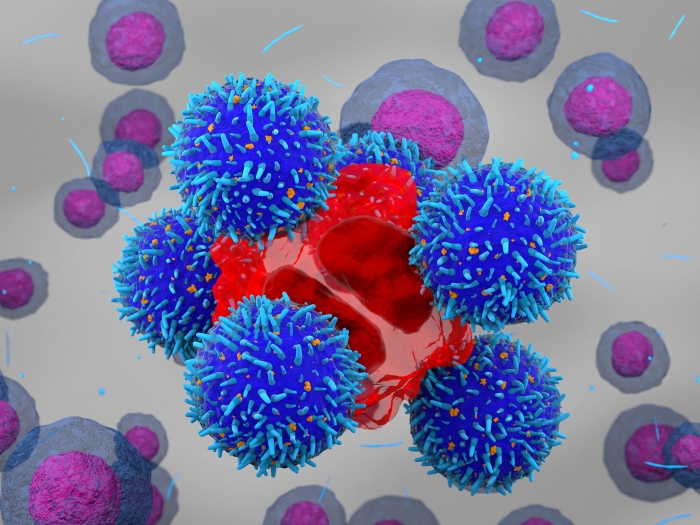Research tracking academic trajectories of late preterm infants from infancy to kindergarten identifies developmental risks and how to promote resilience
5:00 AM
Author |

Late preterm infants, or infants born between 34 to 37 weeks gestation, are the majority of infants born preterm, and are at greater risk for academic delays compared to full term infants.
Certain factors including a low level of maternal education, prenatal tobacco use, twins/multiple gestation and male sex increased the risk for deficits in math and reading by kindergarten for late preterm infants, a study finds.
However, sensitive parenting and preschool enrollment are two possible ways to counter the risk of being born late preterm, and to promote academic resilience.
“Our findings highlight an opportunity for pediatric providers to offer prevention strategies to parents of late preterm infants to mitigate academic risk, and promote academic resilience through sensitive parenting,” said lead author Prachi Shah, M.D., a developmental and behavioral pediatrician at University of Michigan Health C.S. Mott Children’s Hospital.
Pediatricians can foster sensitive parenting through the promotion of early relational health, where parents provide a safe, stable and nurturing relationship with their children.
“We found that early sensitive parenting experiences were associated with early academic success for late preterm infants,” Shah said.
The results are published in Pediatric Research.
Tracking academic trajectories
Data for the study was collected as part of the Early Childhood Longitudinal Study, Birth Cohort. This nationally representative long-term study sponsored by the United States Department of Education has followed thousands of children since birth in 2001.
Researchers tracked academic trajectories for 1,200 late preterm infants over time using developmental assessments recorded at nine months and 24 months followed by reading and math scores at preschool and kindergarten timepoints.
Most late preterm infants displayed early reading trajectories at or above the average compared to full term infants but had lower mean math scores at all time points with the greatest performance gap in kindergarten.
While it is unclear exactly why late preterm infants exhibit vulnerability in math development but not reading, researchers suggest the difference could be a result of unique brain development characteristics including structural changes in neural pathways related to visuo-constructive skills.
Risk and resilience
Suboptimal academic trajectories among late preterm infants were associated with both psychosocial risk factors – less than high school maternal education – and biological risk factors – a twin or multiple pregnancy, prenatal tobacco use or male sex.
Increased academic risk in late preterm infants could be related to functional differences in neural connectivity or to sex-related differences that contribute to differences in learning and academic achievement.
However, the exact mechanism is unclear.
Results suggest that parents of late preterm infants can foster more optimal early academic outcomes with interventions which promote parental sensitivity in early childhood.
Preschool enrollment combined with developmental support prior to school entry can also help reduce academic risks, and support early academic achievement.
This is the first study to examine academic trajectories of late preterm infants from infancy to kindergarten along with the associated predictors of academic resilience and risk, says Shah.
“Now that we have identified patterns and predictors of reading and math skill development, we can help inform pediatric guidelines to help late preterm infants, who are the majority of infants born preterm, thrive in the period before kindergarten,” Shah said.
Additional authors include Heidi M. Weeks, Ph.D., Blair Richards, and Niko Kaciroti, Ph.D., all of University of Michigan, as well as Julie Poehlmann, Ph.D. of the University of Wisconsin, Maria Spinelli, Ph.D. of the University G. D’Annuzio Chieti-Pescara, and Joohee Suh of the Research Foundation for Mental Hygiene.
Paper cited: “Developmental trajectories of late preterm infants and predictors of academic performance,” Pediatric Research. DOI: 10.1038/s41390-023-02756-2

Explore a variety of health care news & stories by visiting the Health Lab home page for more articles.

Department of Communication at Michigan Medicine
Want top health & research news weekly? Sign up for Health Lab’s newsletters today!





